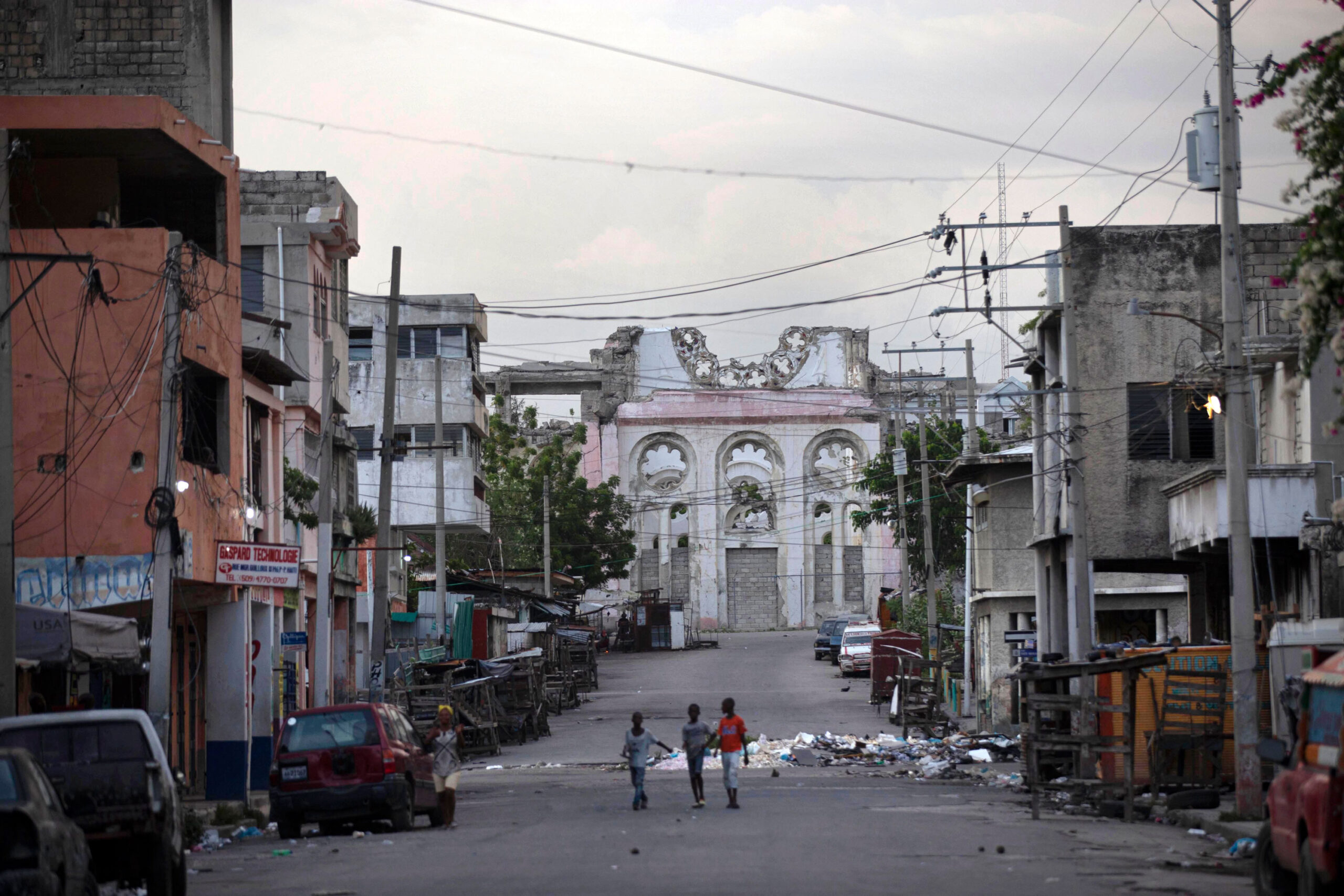The assassination of Haiti’s President Jovenel Moise has many Haitian-American community leaders fearing what may come next.
“There are very real fears about whether or not violence in the streets will ensue,” said Vania Andre, publisher of the Haitian Times, an influential newspaper for the Haitian diaspora in the US.
The attackers stormed Moise’s home at around 1 a.m. Wednesday and fatally wounded the head of state, according to acting Prime Minister Claude Joseph, who described the assassination as a “heinous, inhumane and barbaric act.”
Haiti’s first lady, Martine Moise, was shot in the attack and was evacuated to a hospital in Miami for treatment, said Haiti’s ambassador to the US. Her condition is stable but critical, Ambassador Bocchit Edmond said Wednesday.
Moise’s death comes as the Haitian capital Port-au-Prince faces extreme violence that has escalated since June and claimed the lives of many citizens.
Rival groups have battled with one another or the police for control of the streets, displacing tens of thousands of people and worsening the country’s humanitarian crisis.
Following the outpouring of international support for the country in the wake of the devastating 2010 earthquake, many Haitian Americans were optimistic that political and social unrest in the country would improve, and some people even moved back to be a part of the growth, Andre said in a statement.
“Moise’s assassination is the final nail in the coffin for them,” Andre said. “This is a generation of change, anyone who had a nonprofit, a business, an idea for initiatives that support sustainability in the country, will now think twice on whether Haiti is worth it.”
The nation is also still waiting for Covid-19 vaccines and facing a dire economic situation. Its economy was contracting before the pandemic and shrunk a further 3.8% in 2020, with about 60% of the population now living in poverty, according to the World Bank.
Throughout his presidency, Moise repeatedly failed to hold elections at local and national levels, leaving much of the country’s governing infrastructure empty. Many in Haiti challenged Moise’s right to continue serving in the presidency this year, citing a dispute over when his term officially began.
“Combined together, the economic instability, the social-political instability, plus corruption — it’s a formula for this type of situation to happen,” Organizer for Humanitarian Relief For Haiti, Alba Mota, told CNN affiliate Spectrum News NY1.
Rev. Reginald Jean-Mary, a priest in Little Haiti in Miami, told CNN affiliate WSVN Haitians all over the world are mourning a president as well as a sense of stability.
“I felt very broken by knowing the news, that we get so low, we get so down as a country,” Jean-Mary said. “The country’s in a very difficult position. In the 21st century, that’s not where we expected the country to be.”
Now, he said, is a time for Haitians and Haitian Americans to do some “soul-searching.”



